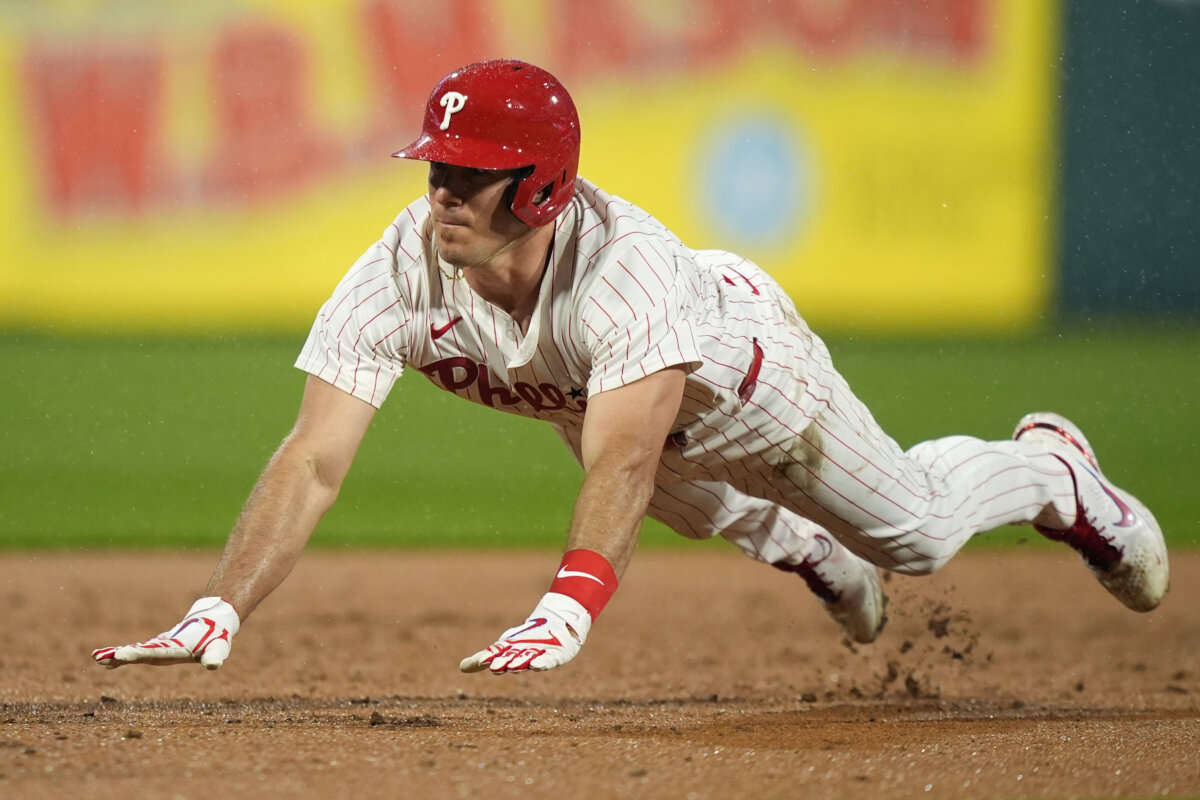Chip bags, cigarette butts, beer cans, plastic bottles. You see them on the beach and very likely they will stay there or be washed away into the ocean, onto another beach, eaten by a seal or borne by ocean currents to join the Pacific garbage patch.
Plastic makes up 90 per cent of marine debris, and it’s floating in all the world’s oceans because we have failed to take care of our waste as we should.
“Trash doesn’t fall from the sky, it falls from human hands to land and to the sea,” says Besteiro, head of the Ocean Conservancy’s international Coastal Clean-up program (ICC).
The ICC is a global grassroots movement — 7.8 million volunteers have collected 135 million pounds of garbage from beaches in 125 countries. On Sept. 25, they will mark its 25th anniversary.
Marine debris is a huge pollution problem, and tourism is one of the contributing factors. If you holiday by the beach, making sure your six pack ring or chip bag ends up in a bin might actually save a seal’s life.
“If you see trash — pick it up,” is Sonya Besteiro’s advice to summer tourists.
There are international, regional and local efforts to stop waste even reaching the ocean. The MARPOL (International Convention for the Prevention of Pollution from ships) has been signed by 122 countries. But experts agree that more work is needed. When developing countries start consuming like the West, without infrastructure for responsible waste management, the problem will only grow. Besteiro is hopeful, though.
“This is a thing we can actually solve, by prevention and education. It’s all about changing behaviour,“ she says. “Everyone has a footprint on the marine environment.”


















